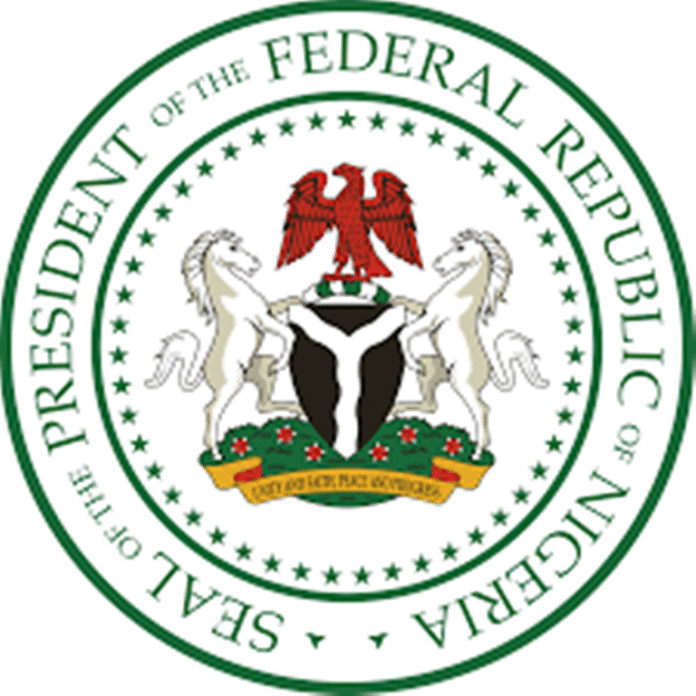Eric Teniola
From last week continues the statement by President Obasanjo in defence of the military invasion of Zaki-Biam in Benue State to avenge the killing of 19 soldiers whose mutilated bodies were found on October 12, 2001, near some Tiv villages. He argued that the deployment of soldiers in this regard was justified under the prevailing circumstance at the time.
Section 218 (1) of the Constitution provides that “the powers of the President as the Commander-in-Chief of the Armed Forces include power to determine the operational use of the Armed Forces”. Likewise, Section 8(1) of the Armed Forces Act No. 105 of 1993 vests power in me “to determine the operational use of the Armed Forces”.
Subsection (3) of this Section defines “operational use of the Armed Forces” to include the operational use of the Armed Forces in Nigeria for the purpose of maintaining and securing public safety and public order. I am also empowered by Subsection (2) to issue general or special directives to delegate responsibility for the day-to-day operational use of the Armed Forces to the Chief of Defence Staff and the respective Service Chiefs. In the exercise of these powers, I am not required either by the Constitution or the Armed Forces Act No. 105 of 1993 to have recourse to the National Assembly. This allegation is, with due respect, totally misconceived and the use of the term “massacre” is particularly offensive and inciting.
In addition, I have power under Section 217 (2)(c) of the Constitution to deploy troops in aid of civil authorities. I decide whether or not to do so; I need not consult the National Assembly. The National Assembly is not required to prescribe conditions for the operational use of the Armed Forces under Section 8 (1,2, &3) of the Armed Forces Act No. 105 of 1993 (now deemed to be an Act of the National Assembly). Once I have exercised any power to deploy troops, those troops are to be governed in their conduct by conditions laid down by the National Assembly.
In my judgement I have ample powers under the existing law to act as I did. In any event, under our Constitution both the Executive and the National Assembly can initiate necessary bills.
The necessity for troops in aid of civil authority arises only after the police have failed. Such situations demand urgent and decisive action to maintain Law and Order and save lives and property.
The National Assembly has neither enacted a new law nor amended the existing law prescribing any such conditions. Similarly, the Armed Forces Act’ No. 105 of 1993, which is an existing Law and deemed to be an Act of the National Assembly within the contemplation of Section 315 of the Constitution, is what we have as guide on these conditions. And, as the President of the nation, I am under the obligation to ensure the security and safety: of lives and property of the citizenry in any part of the nation.
Undoubtedly, it was not the intention of the framers of the Constitution that a Section of the country that is engulfed in crisis be allowed to degenerate and be destroyed only because the National Assembly is yet to enact an Act prescribing conditions under which the Armed Forces would operate when called upon to act in aid of civil authorities.
And if the National Assembly has to enact laws for each situation the affected areas would have been completely destroyed before the Law is enacted. The deployment of soldiers to Odi and Zaki-Biam where 19 soldiers were decapitated with the loss of many civilians’ lives was for the purpose of assisting police to restore order. This was done within my constitutional powers and in absolute good faith with the aim of containing the worsening situation in the areas in the interest of security and to maintain law and order and save lives and property”.
On May 18, 2004, President Olusegun Obasanjo suspended the Plateau State governor, Joshua Chibi Dariye (69) from office following religious crisis in that state. He also dissolved the Plateau state House of Assembly.
Vanguard




























































